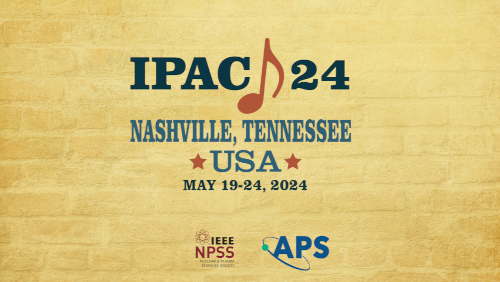Speaker
Description
Laser-driven ion accelerators (LDIAs) are well-suited for radiobiological research on ultra-high dose rate effects due to their high intensity. For this application, a transport system is required to deliver the desired beam intensity and dose distribution while online dosimetry is required due to the inherent shot-to-shot variability of LDIAs. At the BELLA Center's iP2 beamline, we implemented two compact, permanent magnet-based beam transport configurations for delivering 10 or 30 MeV protons to a biological sample, along with a suite of diagnostics used for dosimetry. These diagnostics include multiple integrating current transformers (ICTs) for indirect online dose measurements and calibrated radiochromic films (RCFs) to measure the dose profile and calibrate the ICT dosimetry. Benchmarked Monte-Carlo (MC) simulations of the beamline allow us to predict the dose received by the sample and correct the linear energy transfer (LET)-dependent response of the RCFs. This work not only further establishes the practicality of utilizing LDIAs for radiobiological research but also highlights the BELLA Center's capacity to accommodate further experiments in this domain.
Funding Agency
U.S. DOE-OS, FES, and HEP under DE-AC02-05CH11231, and by LaserNetUS. J. D. was supported by DOE-OS, HEP under DE-SC0018362 and MSU. S. H. was supported by DOE-FES, administered by ORISE DE-SC0014664.
| Region represented | North America |
|---|---|
| Paper preparation format | LaTeX |

